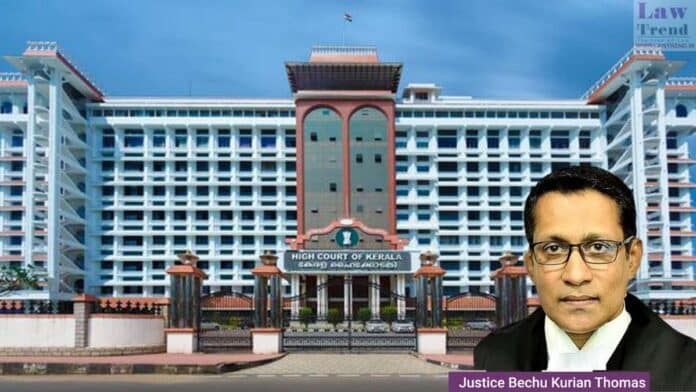In a landmark decision, the Kerala High Court has upheld the state government’s refusal to grant prosecution sanction against a police officer implicated in a 2001 case involving alleged custodial death. The Court emphasized that the discretion to permit prosecution of public servants lies solely with the designated sanctioning authority and serves as a safeguard
To Read More Please Subscribe to VIP Membership for Unlimited Access to All the Articles, Download Available Copies of Judgments/Order, Acess to Central/State Bare Acts, Advertisement Free Content, Access to More than 4000 Legal Drafts( Readymade Editable Formats of Suits, Petitions, Writs, Legal Notices, Divorce Petitions, 138 Notices, Bail Applications etc.) in Hindi and English.




